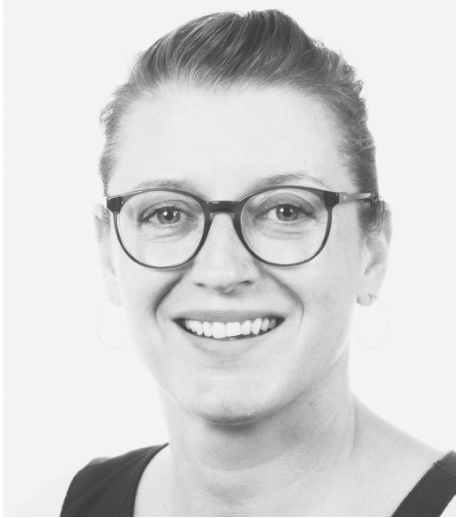
RESEARCH In this “Humanities Lab”, In Vivo introduces you to a research project from the Institute of Humanities in Medicine (IHM), Lausanne University Hospital (CHUV), and the Faculty of Biology and Medicine at the University of Lausanne (UNIL).
“Discrimination and racist attitudes take shape when two people come into contact. In a one-on-one situation, language, education level, socio-economic background and social issues are all factors that can interact and lead to discriminatory stereotypes and acts.” Kristina Würth, clinical ethicist with the Clinical Ethics Unit at the Institute of Humanities in Medicine (IHM) of Lausanne University Hospital (CHUV), has been studying communication and interaction between socially vulnerable patients and clinicians (medical staff, nurses, etc.), translators, and the administrative staff.
For example, she cites in her research the case of an illiterate patient who had consented to a heart operation but who afterwards was incapable of using the implanted device properly.
Health professionals perceived him as difficult and uncooperative. His health deteriorated, to the point of getting worse than before the operation. In this situation, despite healthcare providers’ sincere intentions not to discriminate, reports show a different reality.
Kristina Würth offers some explanations, “Medical clinics currently have no real indications on how to prevent discrimination in well-known risk situations, for example in the case of a language barrier. That responsibility is up to each doctor or healthcare provider.” In everyday practice, the researcher notes that the typical ethical recommendations do not cover situations involving people in vulnerable situations. “Who is responsible – and has the competency – for determining whether a patient’s language skills are adequate in a consultation? Who decides what to do if they are not? The doctor, the patient or the circumstances – such as the availability of a translator?” To answer these questions, the researcher promotes a humility-based approach, which involves (re)discovering the patient as a unique individual. This method also aims to lift taboos surrounding these issues and therefore facilitate dialogue that overcomes reflex reactions. The findings and conclusions of her research will be available by the end of 2023. /

A clinical ethicist and trained cultural anthropologist, Kristina Würth has worked with the Clinical Ethics Unit at IHM-CHUV for the past two years. Her current research focuses on consultations with immigrant patients. She is also part of a project that looks into discrimination and racism in the hospital environment.